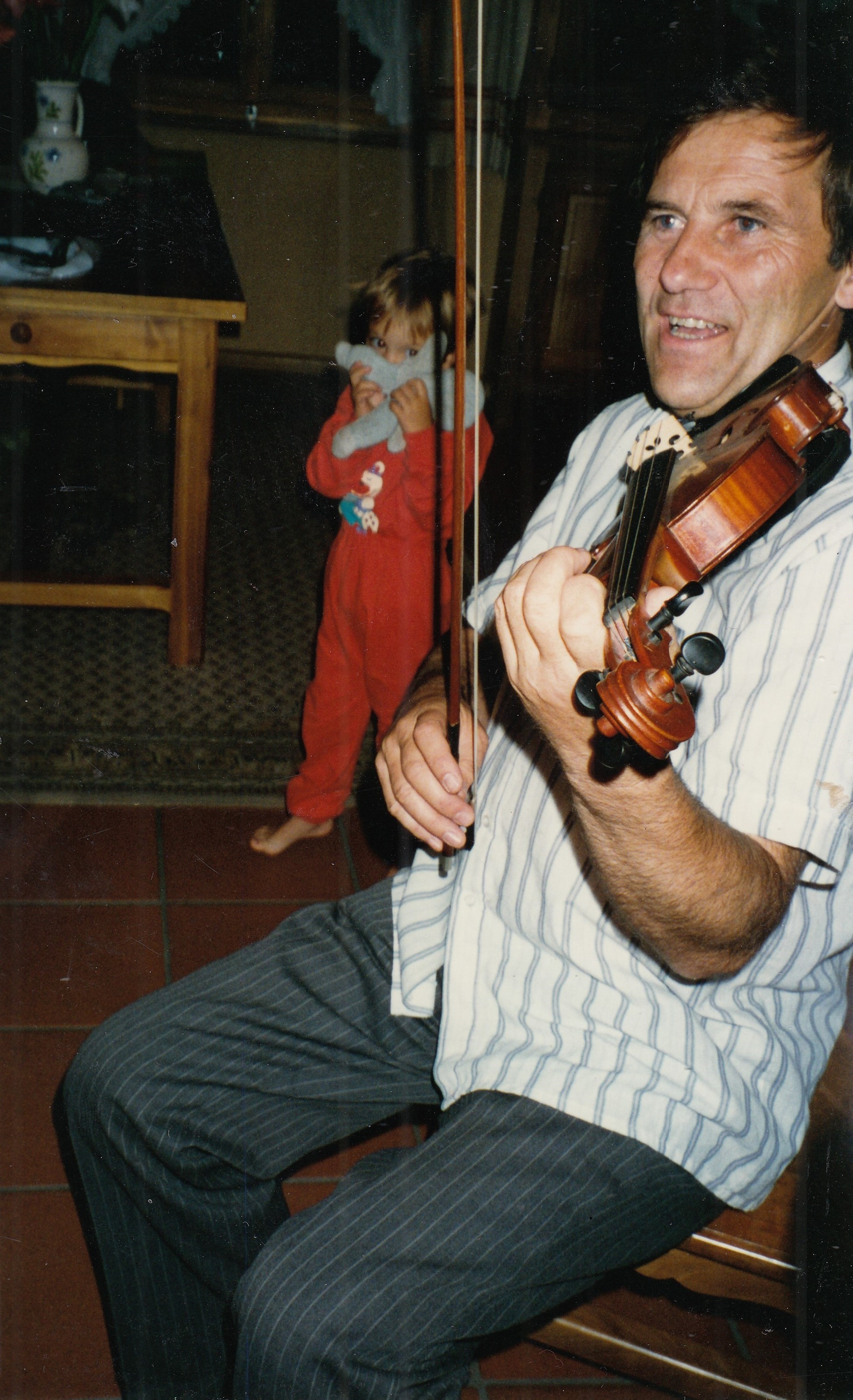Every man should care not for himself, but for others

Stáhnout obrázek
Josef Baierl was born on 19 February 1942 in Ondřejovice in the Klatovy region. After the tragic loss of his father, he grew up in modest circumstances. Despite his undeniable talent, he was not admitted to the conservatory and became a teacher. Already during his studies he was active in the West Bohemian Teachers‘ Singing and Orchestral Association under the direction of the well-known conductor Bohumír Liška. During his military service in Dobřany he became friends with the singer-songwriter Karel Kryl. At his first workplace in the village of Strašín, he and his colleagues tried to limit the influence of political officials during the Prague Spring. He was transferred as punishment. In 1969, he founded the Sušice Children‘s Choir and later went through normalization checks in the education system. In 1976 he took over the leadership of the declining male singing association Svatobor in Sušice. Both choirs were involved in sacred music, and the witness struggled with restrictions on repertoire and bans on travel abroad by the local regional committee of the Communist Party of Czechoslovakia. Through dedication and cooperation with the greatest choirmasters and lyricists of his time, he managed to bring the Sušice Children‘s Choir to the top of the best regional singing associations. After 1989 the choir won several international awards and travelled all over the world. The witness has won several national awards. He continues to be involved in choral activities.










